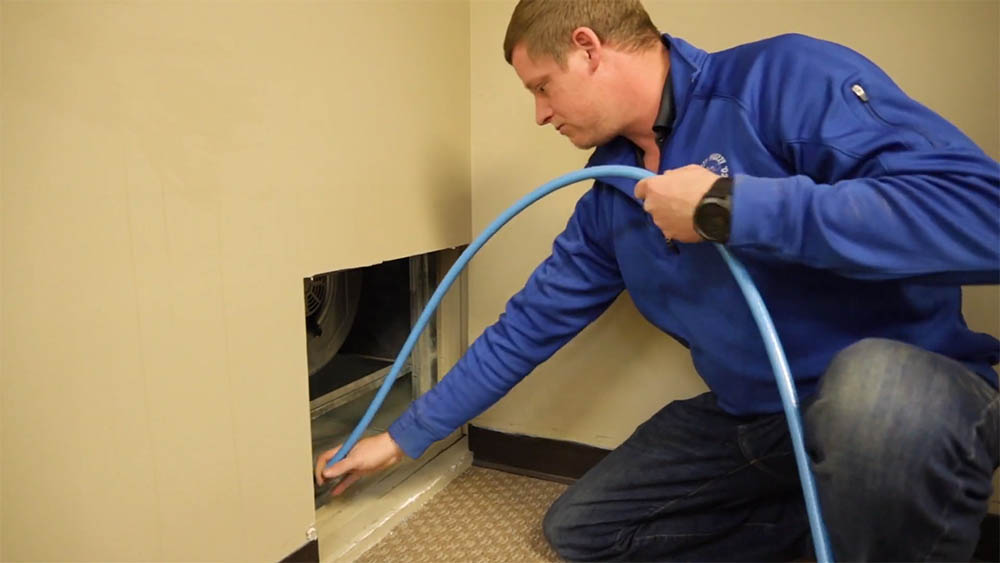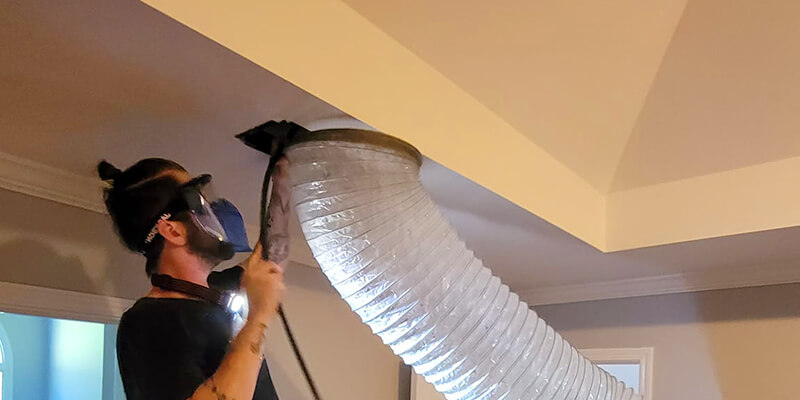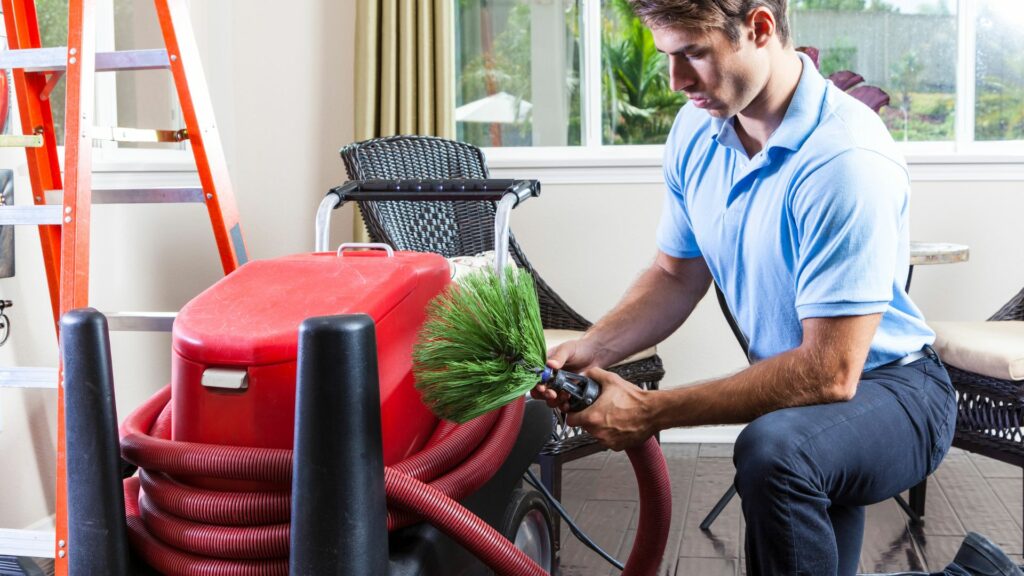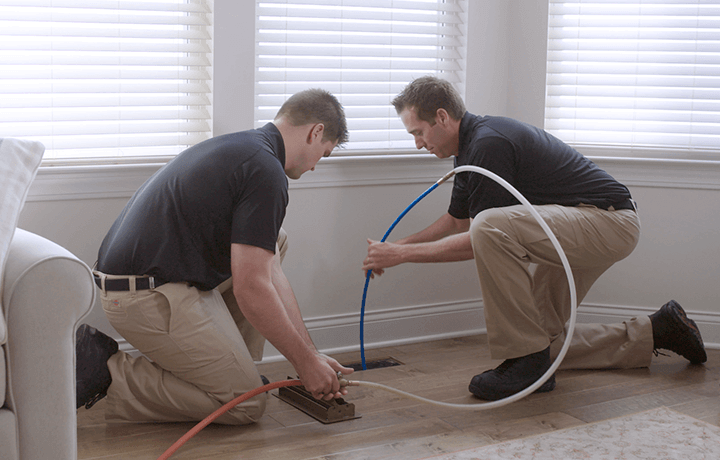If you are wondering how to increase airflow in HVAC system, you have come to the right place. Improving the ventilation in your HVAC system can make a tremendous difference in maintaining a comfortable indoor environment, whether for your home or your business. This comprehensive guide will walk you through everything you need to know to get the most out of your HVAC system.

Understanding the Basics of HVAC Systems
An HVAC system, short for Heating, Ventilation, and Air Conditioning, is crucial for controlling the climate in your home or business. The efficiency of this system is dependent on proper airflow. Good airflow means your system can effectively heat, cool, and ventilate your space, ensuring a comfortable environment.
Components of HVAC Systems
Before we dive into how to increase airflow, let’s briefly explain the main components of an HVAC system:
- Furnace/Air Handler: The component that moves air through the system.
- Ductwork: Channels that guide the airflow to different parts of the building.
- Vents/Registers: Openings that direct the conditioned air into the rooms.

Why Is Airflow Important?
Airflow is the lifeblood of your HVAC system. Without proper airflow, the system has to work harder, leading to increased energy consumption and decreased efficiency. Moreover, inconsistent airflow can cause hot and cold spots, making your space uncomfortable.

Signs of Inadequate Airflow
How do you know if your HVAC system has poor airflow? Here are some telltale signs:
- Hot and cold spots in different areas of your home or business.
- Unusual noises coming from the system.
- Higher energy bills.
- Weak airflow from vents.

How to Increase Airflow in HVAC Systems
Regular Maintenance
Regular maintenance is crucial for ensuring your HVAC system runs efficiently. This includes cleaning or replacing air filters, checking for blockages in the ductwork, and ensuring that all components are in good working order.
Clean or Replace Filters
The first step in improving your HVAC airflow is to ensure that the filters are clean or replaced regularly. Dirty filters restrict airflow and can cause the system to work harder than necessary.
Tuning Up Your System
A professional tune-up can make a big difference in your HVAC system’s performance. During a tune-up, an HVAC technician will inspect and clean all the components, ensuring that everything is operating efficiently.

Inspect and Clean Ductwork
Ductwork can get clogged with dust and debris over time. Cleaning the ducts can significantly improve airflow. If you’re looking for professional help, consider reading residential duct cleaning.
Seal and Insulate Ducts
Leaky ducts can cause significant energy loss and poor airflow. Sealing and insulating the ductwork can improve the system’s efficiency and airflow.
Check Vents and Registers
Unblock Vents
Ensure that none of the vents are blocked by furniture, rugs, or other obstructions. Blocked vents can restrict airflow and decrease the system’s efficiency.
Adjust Register Louvers
Register louvers control the direction of the airflow. Adjust them to ensure even distribution of air throughout your space.
Utilize a Zoned System
Zoned HVAC systems allow you to control the temperature in different areas of your home or business independently. This can help improve overall comfort and efficiency.
Improve Overall Building Insulation
Proper insulation helps maintain a consistent temperature and reduces the workload on your HVAC system. Insulate your walls, attic, and floors to keep your space comfortable year-round.
Consider Upgrading Your System
If your HVAC system is old, it might be time for an upgrade. Modern systems are more energy-efficient and offer better airflow. Consult with a professional to find the best option for your needs.
Tech-Savvy Solutions
Modern technology offers innovative solutions to improve HVAC airflow:
- Smart thermostats
- Variable speed blowers
- Advanced zoning systems
Regular Professional Inspections
Regular inspections by HVAC professionals can help identify potential issues before they become significant problems. This proactive approach ensures your system remains efficient and effective.
Summary
Improving the airflow in your HVAC system can make a tremendous difference in maintaining a comfortable environment. From regular maintenance to utilizing modern technology, there are several ways to enhance your system’s efficiency. Remember, proper airflow not only improves comfort but also reduces energy consumption and extends the lifespan of your HVAC system.
FAQs
What causes poor airflow in HVAC systems?
Poor airflow can be caused by dirty filters, blocked vents, leaky ducts, or an outdated system.
How often should I replace my HVAC filters?
It’s recommended to replace HVAC filters every 1-3 months, depending on usage and the type of filter.
Can I clean my ductwork myself?
While it’s possible to clean ductwork yourself, it’s best to hire a professional to ensure thorough cleaning. Check out what to expect after cleaning.